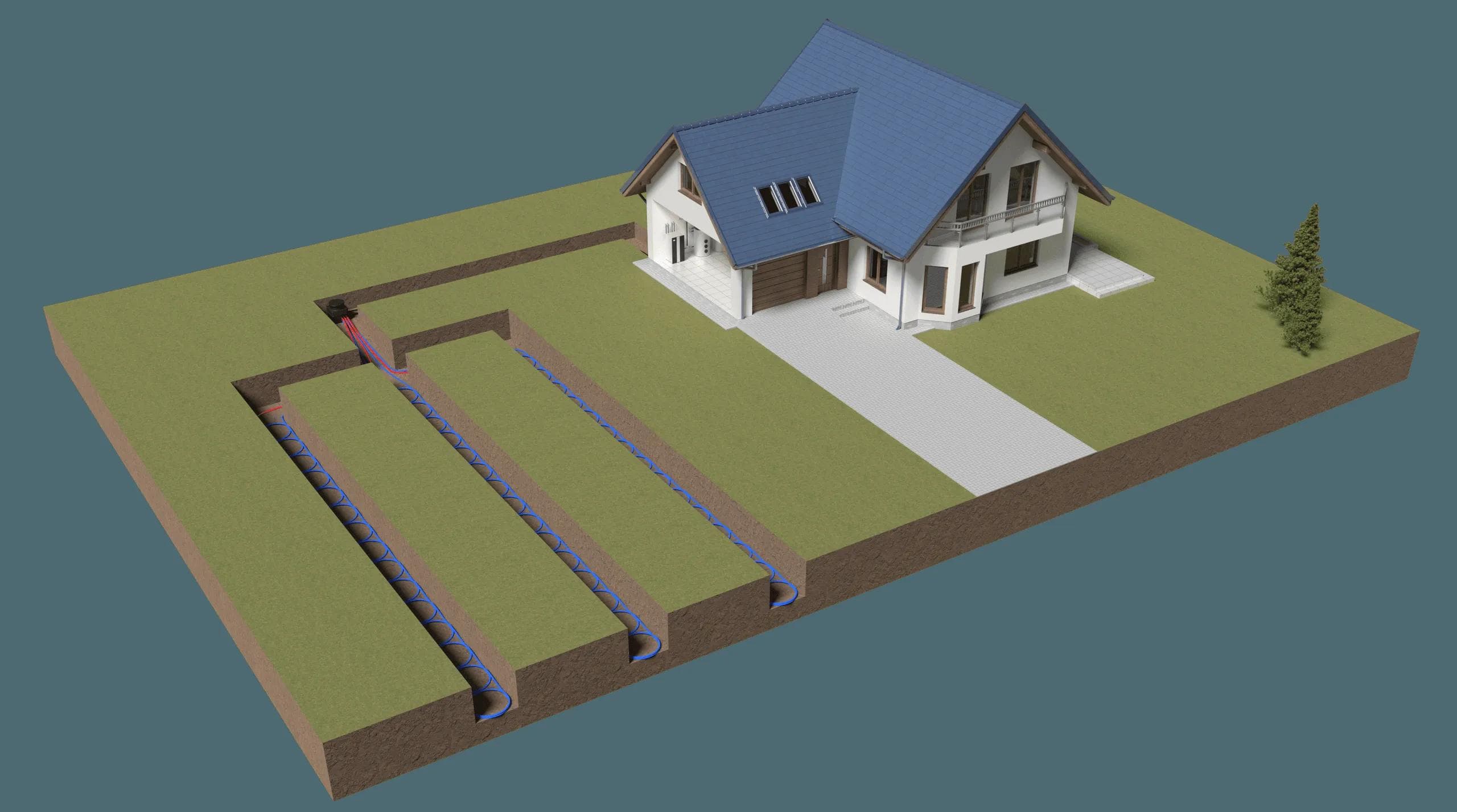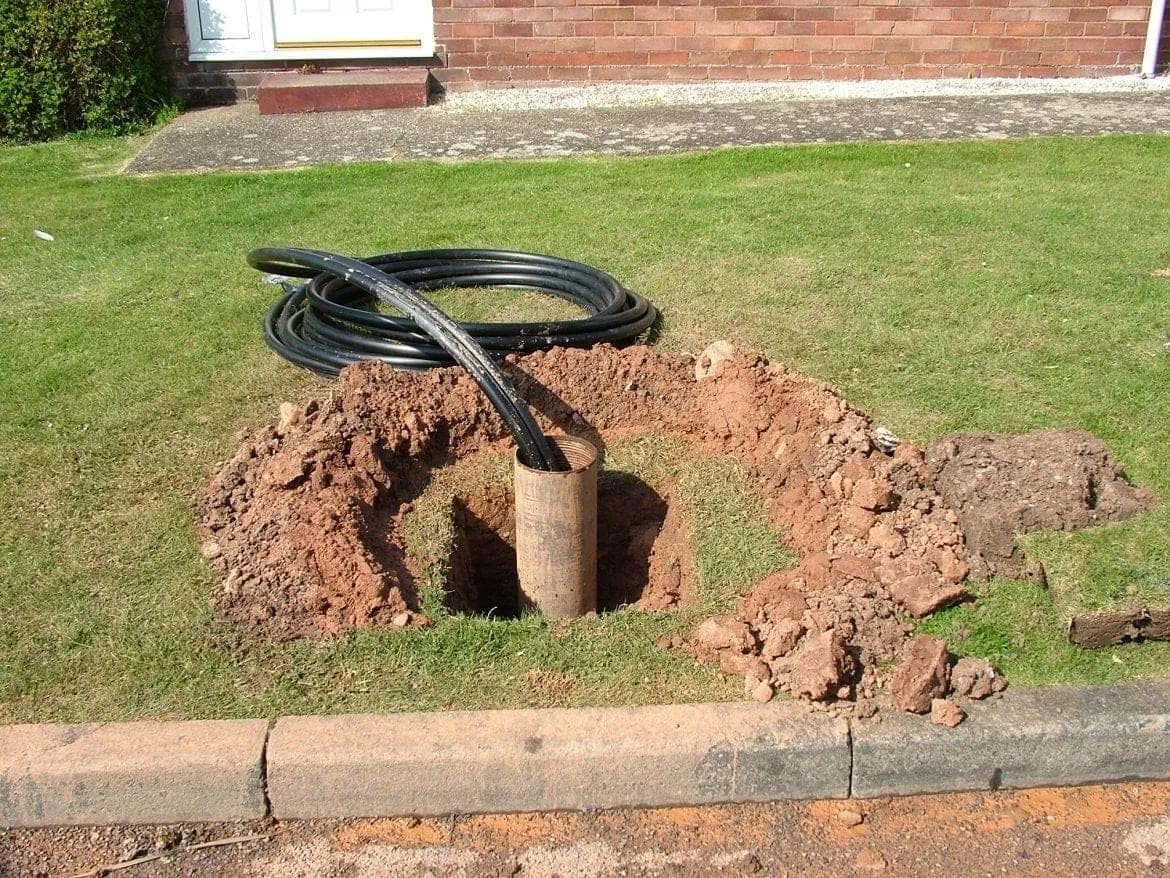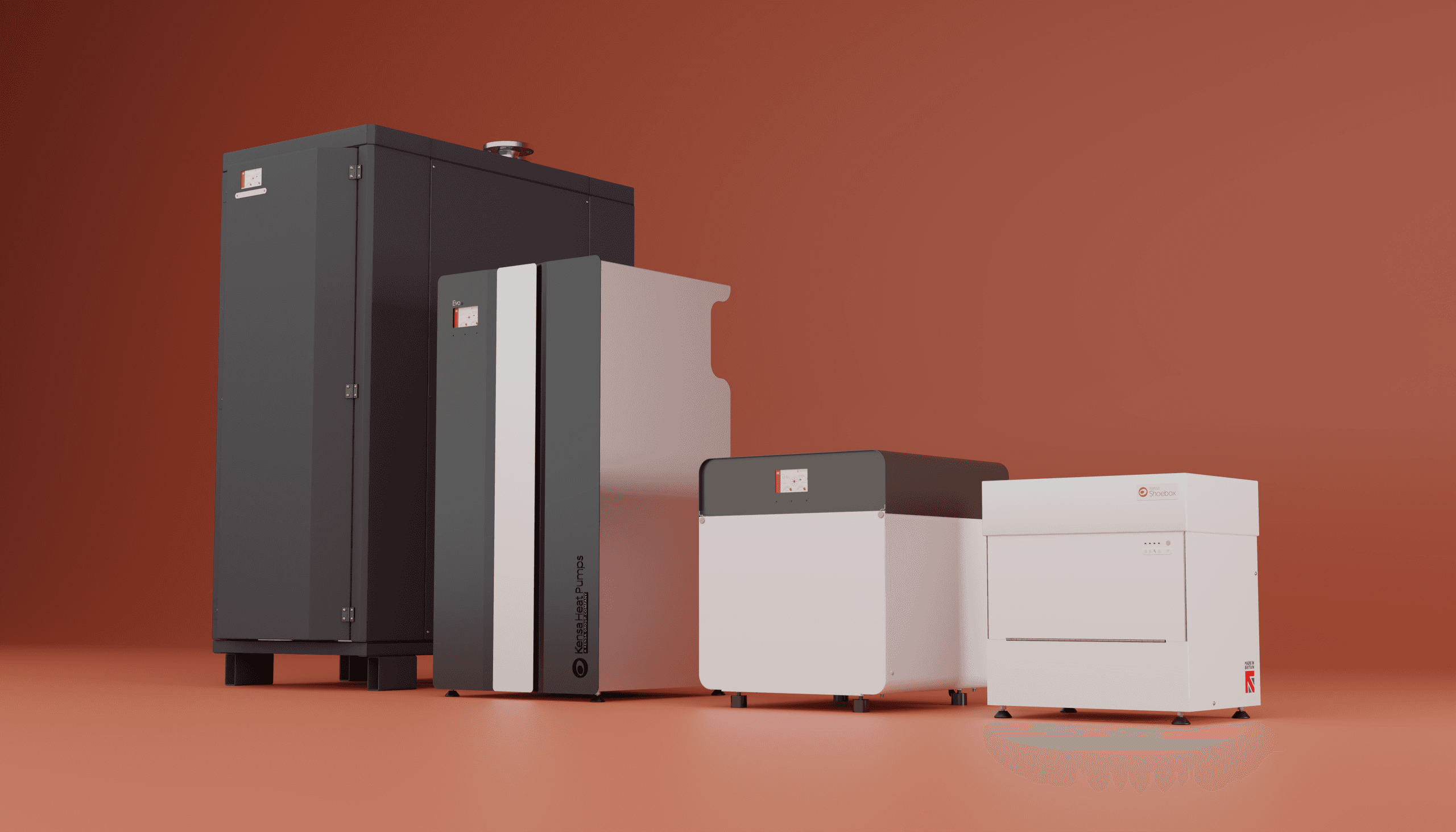Marshland Primary Academy: cutting carbon with a school heat pump retrofit
- LocationMoorends, Doncaster
- SectorPublic
- Completion DateOct 2024
 What is a Ground Source Heat Pump?Ground Source Heat Pumpsground source heat pumps, solar PVT panels, and new radiators connected via 18 boreholes (each 127m deep)
What is a Ground Source Heat Pump?Ground Source Heat Pumpsground source heat pumps, solar PVT panels, and new radiators connected via 18 boreholes (each 127m deep)Award winning project
 School ground source heat pump and solar PVT project wins National Energy AwardPress ReleaseEnergy Project of the Year - Public - The Energy Awards 2025
School ground source heat pump and solar PVT project wins National Energy AwardPress ReleaseEnergy Project of the Year - Public - The Energy Awards 2025Marshland Primary Academy replaced its ageing gas heating system with Kensa’s innovative  What is a Ground Source Heat Pump?Ground Source Heat Pumpsground source heat pump technology. The six-month retrofit project dramatically reduced the school’s carbon emissions, cut reliance on fossil fuels, and ensured a long-lasting, efficient heating system.
What is a Ground Source Heat Pump?Ground Source Heat Pumpsground source heat pump technology. The six-month retrofit project dramatically reduced the school’s carbon emissions, cut reliance on fossil fuels, and ensured a long-lasting, efficient heating system.
The project included two plant rooms with a combined peak heating load of 393kW:
 ShoeboxProductShoebox heat pump, with a 500L buffer tank and a 400L DHW cylinder.
ShoeboxProductShoebox heat pump, with a 500L buffer tank and a 400L DHW cylinder.To optimise efficiency, solar PVT panels provided renewable energy (34.26kW of electricity and 209.6kW of thermal energy). Additionally, 18 What are Ground Source Heat Pump Boreholes?Boreholes boreholes were drilled to a depth of 127m in the school’s playing field, which was fully reinstated for continued use by pupils.
What are Ground Source Heat Pump Boreholes?Boreholes boreholes were drilled to a depth of 127m in the school’s playing field, which was fully reinstated for continued use by pupils.
Delivering a project of this scale while ensuring uninterrupted school operations posed logistical and technical challenges:
Kensa’s experienced team worked closely with contractors and school management to overcome these obstacles and deliver a seamless installation.
Going beyond just the technical side of things, the installation of the ground source heat pumps, combined with solar PVT panels and new radiators, delivered:
 Ground Source Heat Pump CostsCostsreduced heating bills and required minimal maintenance.
Ground Source Heat Pump CostsCostsreduced heating bills and required minimal maintenance.A standout feature of the project was the use of solar PVT (photovoltaic-thermal) panels, a cutting-edge technology only just starting to be seen in UK schools. These panels enhance system performance by:
A real win-win-win solution, made possible by the unique integration of PVT and GSHPs.
Supported by the Government’s Condition Improvement Fund, this project aligned with the UK’s public sector decarbonisation goals, which aim to reduce emissions by 75% by 2037. By transitioning to renewable energy, Marshland Primary Academy set an example in tackling climate change and achieving sustainability in education.
This transformation demonstrated how schools can lead the transition to renewable energy. Marshland Primary Academy’s new heating system not only reduced costs and emissions but also created a healthier, more comfortable environment for pupils and staff. By partnering with Kensa, the school set a benchmark for sustainable energy solutions in education.
Commenting, Penny Marshall, Deputy Headteacher at Marshland Primary Academy, said:
We are very excited by the new innovative heating system. It is wonderful for Marshland to be at the forefront of new technology. At the same time, hopefully, it will save us money on our heating bills and, most importantly, support our quest to help combat climate change.
Discussing the project, Wouter Thijssen, Commercial Director, of Kensa, said:
We’re proud to have worked with Marshland Primary Academy to deliver a more sustainable and efficient heating system. Thanks to a mix of super-efficient ground source heat pumps and other energy efficiency upgrades, pupils and teachers will enjoy warm classrooms while slashing their carbon footprint.
By opting for ground source heat pumps, boosted by solar PVT, the school has secured its long-term energy future, setting the benchmark for achieving sustainability in UK schools. Kensa’s mission is to deliver better heating, and this installation certainly lives up to that promise.